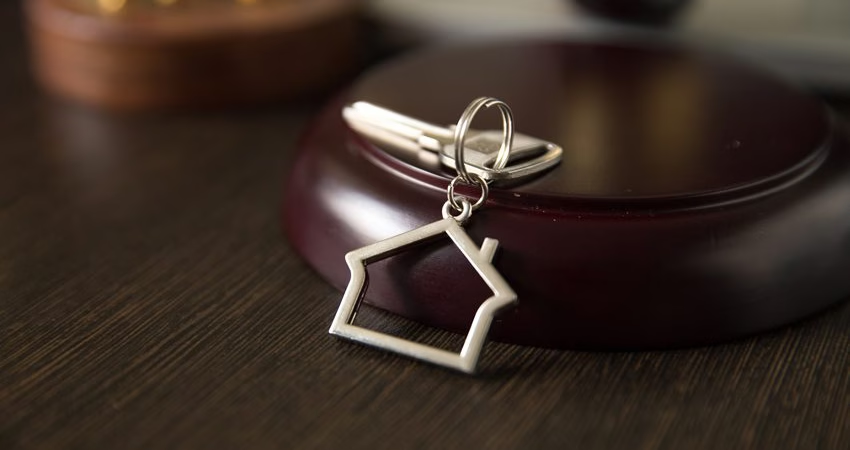Can an executor sell property?
Can an executor sell the house? Providing there’s no joint owners that are refusing to sell, yes. When the executor is dealing with the last will and testament of the deceased, the responsibility of what to do with the house falls upon them. With full control over the estate, the executor can choose to sell

Can an executor sell the house?
Providing there’s no joint owners that are refusing to sell, yes.
When the executor is dealing with the last will and testament of the deceased, the responsibility of what to do with the house falls upon them. With full control over the estate, the executor can choose to sell the property- providing that there are no surviving joint owners or anything in the will that prevents the sale.
“I want to sell my house fast!” – Get a cash offer for your house today!
Beneficiaries of a will have no special rights when it comes to distributing the estate, so the executor can sell the property. However, if any of the beneficiaries believe that the property was sold for less than a reasonable price, then they have the right to take legal action.
Nevertheless, before a property can be sold, the executor must receive a Grant of Probate which can typically take up to 6 weeks.
What does an executor do?
An executor is someone who the deceased has entrusted with the huge task of ensuring their last wishes are granted when it comes to the distribution of property and possessions. Whether it’s a lawyer, financial expert or someone close to them, there’s no law preventing anyone from being selected.
However, whoever is selected has a duty to fulfil their duties with the utmost honesty and diligence. Legally, this is known as fiduciary duty and ensures that any executor acts in good faith of someone’s will.
Why would an executor sell a property?
The executor is in charge of getting an accurate valuation of the deceased’s estate and ensuring that the terms of the will are carried out. So, unless the deceased made plans for the estate to be transferred to one of the beneficiaries, it will typically be sold and the proceeds distributed among the inheritors.
If the estate owner passed with debts remaining, then the executor also has the responsibility of using the estate to pay any outstanding bills. For example, if a property still had a mortgage, then this would need to be paid. This means that the beneficiaries of the estate may receive less money from the property after its sale, due to some of it being used to pay the various taxes and debts.
If the executor is selling a property, then it can be a good idea to discuss the options with the beneficiaries. Despite being the one responsible for the distribution of the estate as per the deceased’s wishes, the beneficiaries can take legal action if they believe the executor has failed to sell a property for market value.
Taking on the role of the executor can be tough, especially if someone close has just passed. However, whether a property they left behind is being transferred to a beneficiary or is to be sold, you can rest assured that you have complete control. There are also plenty of options you can discuss with the inheritors to decide whether you want to put the property on the market and wait for an offer, or use a service such as We Buy Any House for a quick and secure property sale.
If you’re an executor or a benefeciary and you want to find out if any taxes need to be paid, our Inheritence Tax calculator and Capital Gain Tax calculator can help you confirm what you may owe.
When you inherited you may have been wondering, how long does probate take? We’ve outlined the process so you can know everything you need to, easing your mind in a stressful time.
We buy any home in as little as 7 days, or timescales to suit you. Head to our website for more information.